Saint inspires action to end slavery
News
Catholics have been urged to ‘pray, reflect and act’ to raise awareness and ultimately bring an end to the scourge of modern day slavery.
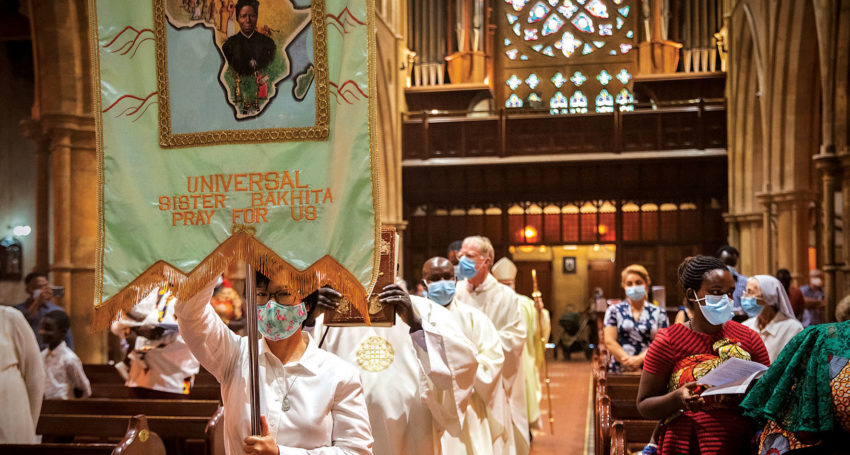
Last month the Australian Catholic Religious Against Trafficking in Humans (ACRATH) launched its Take Action! film, coinciding with the International Day of Prayer, Reflection and Action against Human Trafficking and the feast of St Josephine Bakhita, patron saint of Sudan and the victims of human slavery, on February 8.
With a theme of ‘pray, reflect and act’, the 11-minute film showcases the work of ACRATH and encourages people to become involved, particularly in raising awareness, by joining prayer actions, advocating for change through letter writing, choosing to buy slavery-free products, including modern slavery in teaching units, or working in health to ensure goods and services are free from forced labour.
Related Story
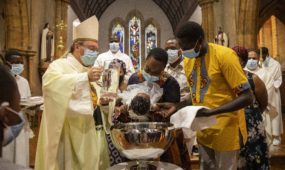 Cathcam
Cathcam
St Josephine Bakhita Mass
ACRATH president Sr Louise Cleary csb, said the difficulties of COVID in recent years meant some human rights issues, such as modern slavery, were not peoples’ main focus.
“This film clip gives people an insight into what can be done, even during COVID. It doesn’t have to be a major life change, but we are asking people to take an action and try to embed it in their everyday lives,” Sr Louise said.
Pope Francis also released a video message to mark the international day of prayer, describing the suffering caused by human trafficking as “an open wound on the body of Christ”.
“Human trafficking is violence. The violence suffered by every woman and every girl is an open wound on the body of Christ, on the body of all humanity; it is a deep wound that affects every one of us too,” he said.
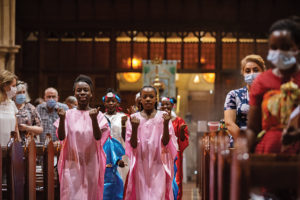
In Adelaide, the African Catholic community celebrated the life of St Bakhita at a Mass in St Francis Xavier’s Cathedral on Sunday February 13, with Archbishop Patrick O’Regan baptising several children.
Josephine Bakhita was born in Southern Sudan in 1869, and was sold into slavery in both Sudan and Italy.
After gaining her freedom Josephine dedicated her life to sharing her story and to supporting the poor and suffering.
She eventually became a Canossian Sister and was canonised in 2000.


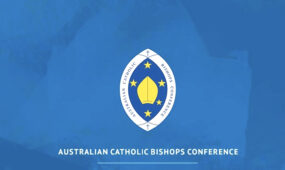
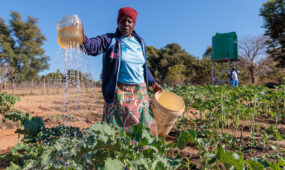
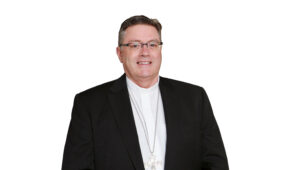
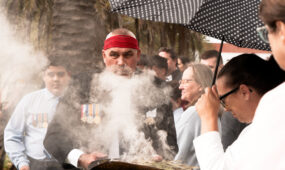

Comments
Show comments Hide comments